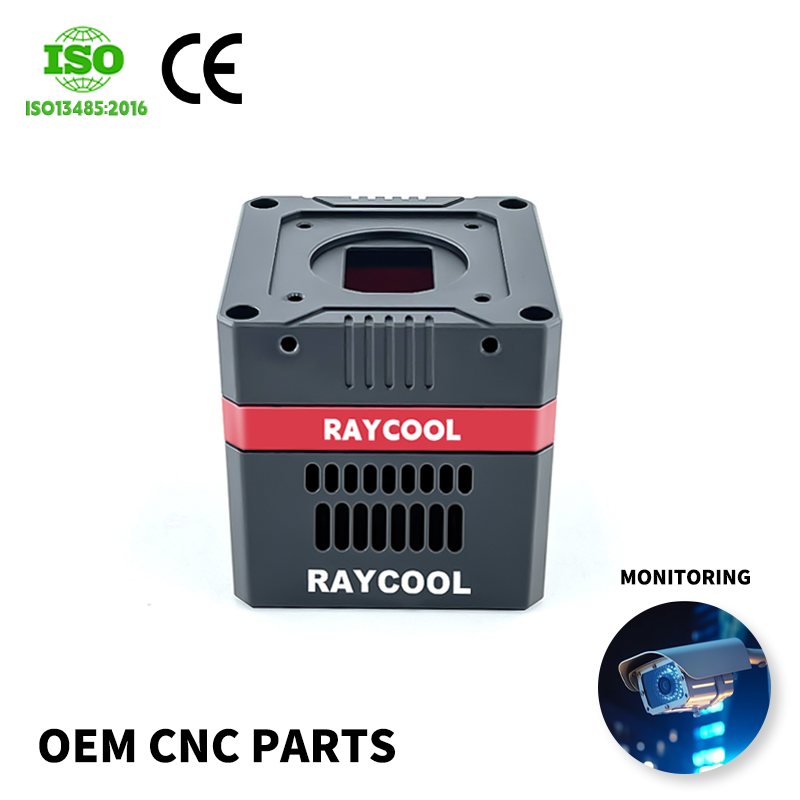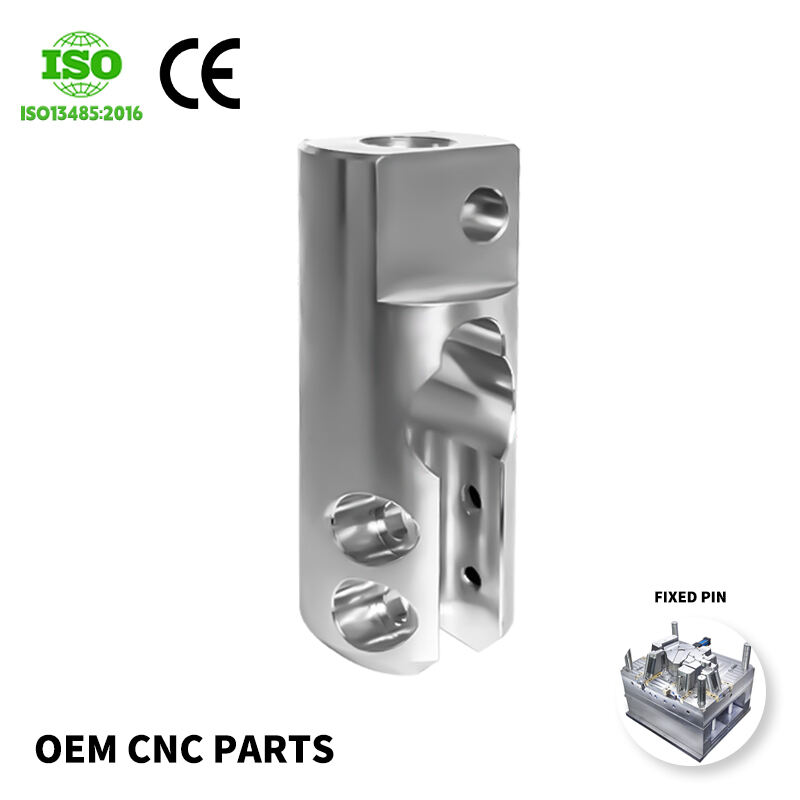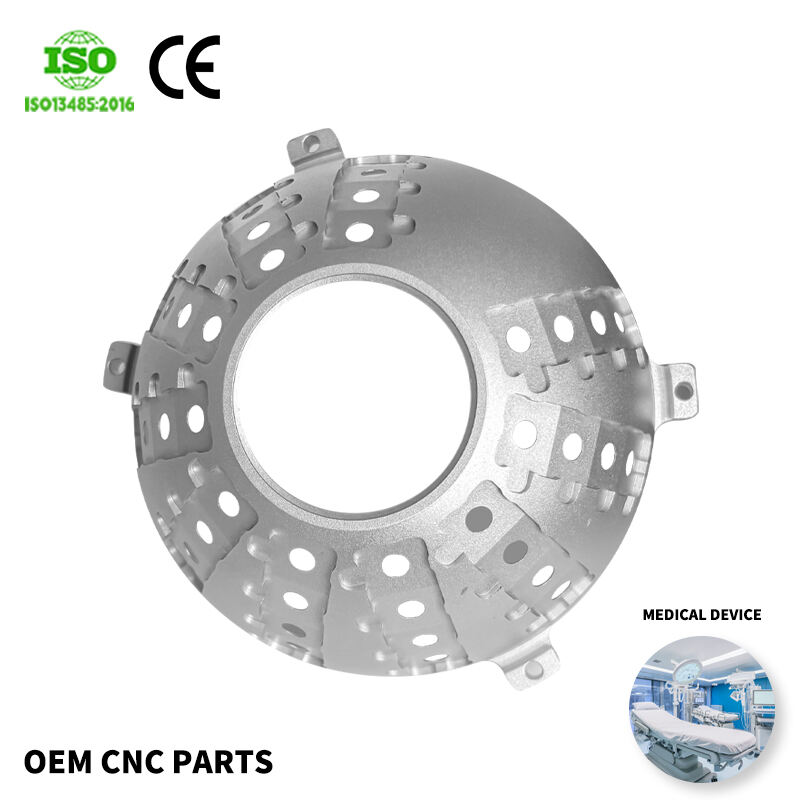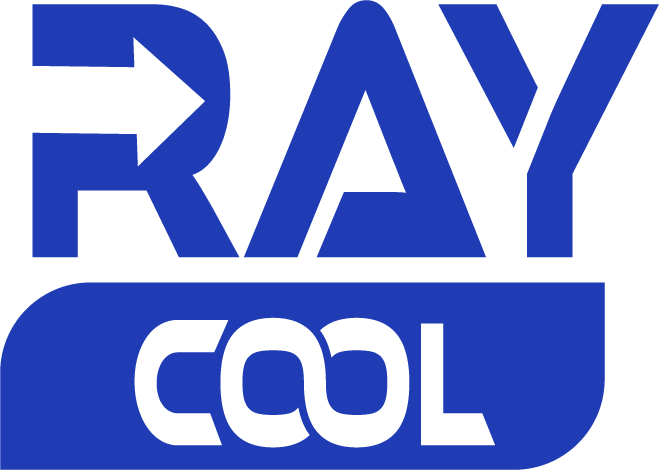cnc metal parts
CNC metal parts represent the pinnacle of precision manufacturing technology, combining advanced computer numerical control systems with sophisticated metalworking processes. These components are manufactured through a highly automated process where computer-controlled machines precisely cut, mill, turn, and shape metal materials according to detailed digital specifications. The process begins with raw metal stock, which is systematically transformed into complex, highly accurate parts with tolerances as tight as ±0.001 inches. CNC metal parts are distinguished by their exceptional dimensional accuracy, surface finish quality, and repeatability in production. These components can be manufactured from various metals including aluminum, steel, brass, titanium, and other alloys, making them versatile for numerous applications. The technology enables the production of both simple and intricate geometries, from basic cylindrical components to complex multi-axis parts with internal features. These parts find essential applications across multiple industries, including aerospace, automotive, medical devices, electronics, and industrial machinery. The CNC manufacturing process ensures consistent quality across production runs, whether for prototype development or high-volume manufacturing, while maintaining precise specifications and superior material integrity.



